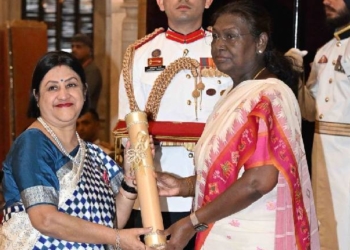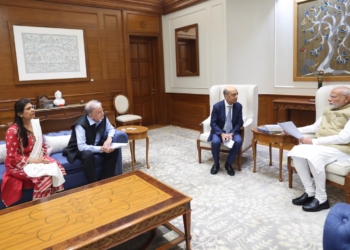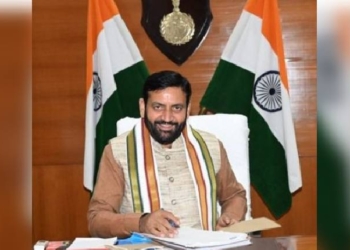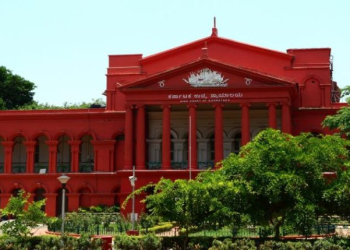Hyderabad: Telangana Chief Minister K. Chandrasekhar Rao on Friday announced that distribution of 11.5 lakh acres podu land among tribals across the state will begin by the month end.
He told the state Legislative Assembly that his government will provide not just ‘pattas’ (titles) to tribals tilling these lands, but will also supply electricity and extend benefits of Rythu Bandhu, the investment support scheme for farmers.
He, however, made it clear that after completion of this process, there will be no podu land and if the beneficiaries try to encroach forest land, their pattas will be cancelled.
The Chief Minister said a written undertaking will be taken from those being given pattas that they will stake no further claim on forest land.
Signatures of village committees and local public representatives will also be taken on the undertaking.
The beneficiaries will also be asked to work as protectors of forests and a written commitment will be taken from them in this regard.
KCR, as the Chief Minister is popularly known, said with the distribution of podu lands during the current year, the issue will be closed forever and the government would act firmly to protect forests.
He said after fixing the boundaries of forests, the state government would arrange patrolling of armed personnel.
“There should be an end to this issue. The government will not allow encroachment of even a yard of forest land because if we lose the green cover, the entire society will suffer,” he said.
The Chief Minister also announced that for landless tribals, the government would launch Girijana Bandhu on the lines of the Dalit Bandhu scheme.
Replying to a query during Question Hour, the Chief Minister referred to the Gutti Koya tribe, whose members were allegedly involved in the lynching of a forest official in Bhadradri Kothagudem district in November last year.
“Gutti Koyas are not from our states. They came from Chhattisgarh. If they are not stopped, they will destroy the forests,” he said.
KCR said police and forest personnel should not attack tribals while tribals should exercise restraint and also made it clear that the government will not keep quiet if some people take law in their hands and attack police and forest.
He alleged that some upper caste people were marrying tribal women to encroach forest lands in their names. Such people in Khammam district hold 20-30 acres of land.
Podu is the practice of shifting cultivation on forest land by tribal and non-tribal forest dwellers. They raise crops on a piece of land in one season and move to different location the next season.
The long-pending dispute led to clashes between the cultivators and the forest employees at several places in the state in recent years.
Stating that some political parties kept the issue alive to derive political benefits from it, KCR said his government was determined to put an end to this.
Realising the need to settle the long-pending issue once for all, the state government in 2021 decided to embark anAexercise to receive applications from eligible beneficiaries claiming podu lands.
The podu lands were identified during a state-wide survey undertaken last year. The authorities received over 4 lakh claims from both tribals and non-tribals.
The tribals and other forest dwellers claim that plantation by forest department on podu lands violate their rights, guaranteed under the Scheduled Tribes and Other Traditional Forest Dwellers (Recognition of Forest Rights) Act, 2006 (RoFR Act).
The government received 4.14 lakh claims in 2,845 gram panchayats for issue of pattas under RoFR Act. According to minister for tribal welfare Satyavati Rathore, 68 per cent of the applicants are tribals and remaining 32 per cent are non-tribals.
The claims were made for 12.49 lakh acres of forest lands by tribal and non-tribal farmers.
The Chief Minister had earlier suggested that tribals involved in the podu cultivation within the forest should be provided with an alternative government land nearby for cultivation.
If there is no government land available, they should be provided with land on the outer periphery of the forestland.
(IANS)













